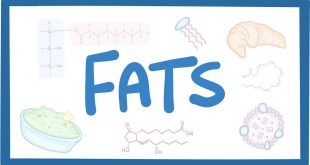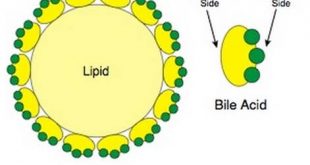In biology and biochemistry, a lipid is a macro-biomolecule that is soluble in nonpolar solvents. Non-polar solvents are typically hydrocarbons used to dissolve other naturally occurring hydrocarbon lipid molecules that do not (or do not easily) dissolve in water, including fatty acids, waxes, sterols, fat-soluble vitamins (such as vitamins A, D, E, and K), monoglycerides, diglycerides, triglycerides, and phospholipids. …
Read More »The Lipid
Lipids are a heterogeneous group of compounds that are related to fatty acids. They are usually esters of fatty acids with alcohols. Examples include fats, oils, waxes, and other substances. Fats (solid) and oils (liquid) = Glycerol (tri-hydroxy alcohol) + 3 fatty acids. Wax = Mono-hydroxyl alcohol + Fatty acid. …
Read More » Plantlet The Blogging Platform of Department of Botany, University of Dhaka
Plantlet The Blogging Platform of Department of Botany, University of Dhaka

